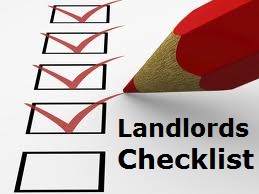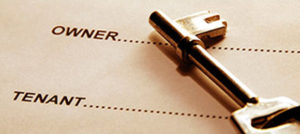One of the risks from being a landlord is that tenants or visitors to the premises may get injured. Injuries may result from factors out of the landlord’s control. However, in some cases the landlord may be legally liable for accident.
Negligence
A landlord is legally liable for a tenant’s or visitor’s injury if he is negligent. The law considers a person’s actions to be negligent if:
- He owed a duty to someone else to be careful
- He was not careful
- The other person suffered some kind of actual harm
- The first person’s failure to be careful caused the harm.
In the case of a landlord, this means:
- The lease or some other agreement made the landlord responsible for maintaining a certain part of the premises in safe condition
- The landlord did not take reasonable steps to maintain it in safe condition
- Repairing the problem (or, failing that, at least putting warning signs or barriers up) would have been reasonably easy or inexpensive
- The landlord should have foreseen that the unsafe condition could cause serious injury to someone
- Someone suffers an injury
- The landlord’s failure to address the unsafe condition caused the injury.
Suppose the property is in the northern part of the country, where winters are harsh. After several days of heavy snow, large icicles form on the edge of the roof. Ordinary people observing these icicles would judge that they are heavy enough to badly hurt anyone they fell on. Moreover, knocking them down with a roof rake or similar tool would probably take only a few minutes.
If, after the icicles have been present for a few days, one of them falls on a visitor’s head, it is likely that the landlord would be liable. The affected part of the property (the roof) is normally the landlord’s responsibility; the icicles were a clear threat to safety; knocking them down would have cost little time or money; and the landlord left them up there, leading to an injury.
The best way to prevent liability for injuries is to prevent the injuries from happening. That means taking the initiative to address potential problems by:
- Regularly inspecting the property with a checklist
- Keeping a log of problems to be repaired, both those found by the landlord and those reported by tenants
- Prioritizing repairs, starting with the ones presenting the greatest and most likely hazard.
- Communicating the status of repairs to tenants.
Accidents may still occur. When they do, the landlord needs property and liability insurance. Property insurance pays for repair or replacement of property damaged by certain causes, such as fire, smoke, glass breakage, and vandalism. It may also pay for rents lost if the premises cannot be used after one of these events. Liability insurance pays for amounts the landlord may owe as damages to someone else for injuries or property damage.
Accidents that cause injuries are disturbing and can be costly for the landlord. It makes sense to keep the property in safe condition and buy insurance for the unexpected.
The Andrew Agency
If you own Rental property and have questions about insurance contact The Andrew Agency at 804.320.2886. The Andrew Agency is an independent insurance agency located in Richmond, VA serving clients in VA, MD, NC and SC.












